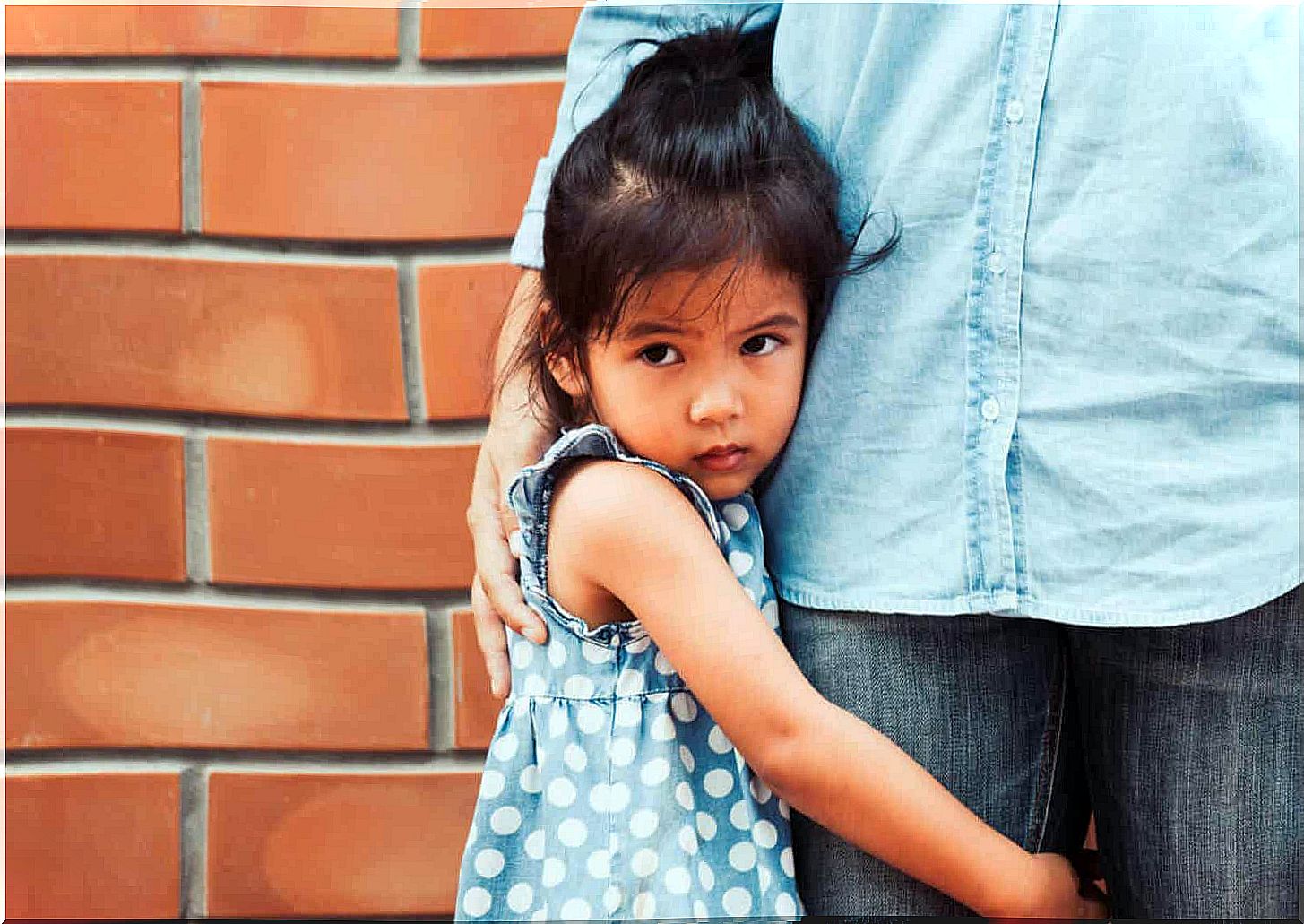Understand Your Children’s Fears – Avoid Being Overprotective

Children want to discover the world. For them, everything is new, exciting and unknown. Therefore, it is common for them to experience a lot of different fears before they gain an understanding of all aspects of their environment. Adults often contribute, unconsciously and with our best intentions, to increasing this fear. How do we act effectively and respectfully instead? The answer is to understand your children’s fears and avoid overprotecting them.
It is important to remember that parenting is often about trying and making mistakes. No parent has a native knowledge of everything and no child resembles another. Therefore, we must try to be patient with our children but also with ourselves. In the end, we both learn!
What are the most common mistakes we make when it comes to our children’s fears?
When we begin the adventure of parenthood, it is normal for us to feel lost in many situations. Even though we already have children, we are likely to encounter new challenges that we have never had before. However, there are two very common situations that we should avoid.

Avoid minimizing children’s fears
This is one of the attitudes that we adults usually take when our children are scared. Either because of our inability to understand our situation or because of our desire to calm them down, we tend to want to minimize their feelings. Therefore, it is common for us to say phrases such as: “It is not so dangerous”, “There is no reason to cry” or “You are too big to cry”.
We must try to understand that the storm that seems harmless to us can be frightening for a child. That an animal or an insect can seem dangerous at first glance. And that everyday activities such as sleeping in the dark or washing your hair can cause fear for various reasons.
Although we may not rationally understand their fears, they do exist and are significant to them. Therefore, the first step is always to validate their feelings and assure them that it is normal to be afraid sometimes. If, on the contrary, we downplay their fears and feelings, they may feel misunderstood, devalued, or ridiculed.
It is therefore not a good strategy to try to reduce the danger or calm the child. A child who is afraid needs us to understand its fears by confirming them in their fear. Only then can we guide them on how to deal with fear.
Avoid overprotecting
At the other end of the spectrum, there are parents who, when they see that their children are scared, do everything they can to protect them. For example, if the child is afraid of the vacuum cleaner or a dog and starts crying, the parent takes him in his arms, carries him away from the dreaded object and tries to calm him with phrases such as: “I am here, I protect you”. Similarly, parents with children who are afraid to sleep alone can let them sleep with them to make them feel safe.
All these actions are motivated by love and the desire to prevent the child from suffering. And they will certainly be able to create security in the short term and make the child calm down. But these actions prevent children from facing challenges and dealing with them in order to develop self-confidence. It is counterproductive to calm a child by saying things like “mom and dad are here”, because there will come a day when mom and dad will not be able to be by their side.

When your child has to go out into the world on her own, she must have learned to be confident. She needs this quality when she starts school and will become independent. You need to help your children develop these skills so that they are able to face certain fears and feel capable of dealing with them.
Understand your children’s fears without overprotecting them
As in many situations when it comes to raising children, the key is to find a balance. Neither too much hardness nor too much gentleness leads to positive results. Neither dramatization nor downplaying of children’s fears helps them become independent and learn to deal with the fears themselves. So we have to keep two rules in mind:
- Treat your child the way you want to be treated
- Prepare your child to face the world on their own
If you remember these rules, it will be easier for you to decide how to act when your children experience fear. When you think about what you yourself would need if you were afraid, you intuitively know how to comfort, support and give understanding to your child. At the same time, you give your child increased autonomy.
If they are afraid of the vacuum cleaner, take them by the hand and lead them carefully so that they can see for themselves that it is safe. If they are afraid to sleep in their own room, you sit by their side until they fall asleep themselves. Step by step you show that you understand your children’s fears and as they decrease, and the children become more independent. Above all, remember that there are no magic formulas and that your instincts can often show you the way so that you can understand your children’s fears and avoid overprotecting them.









